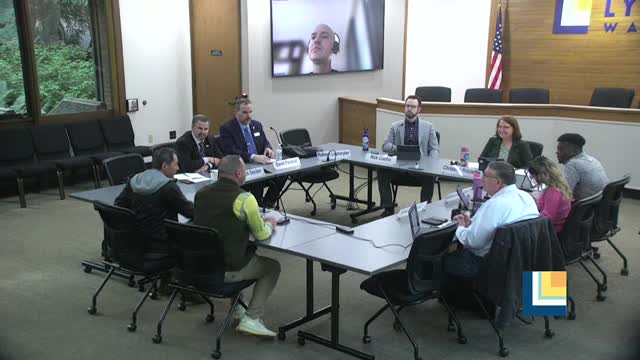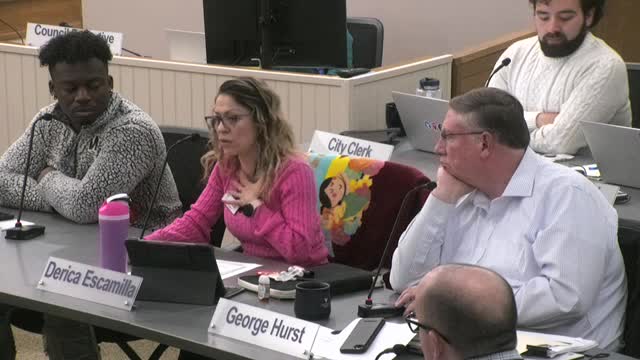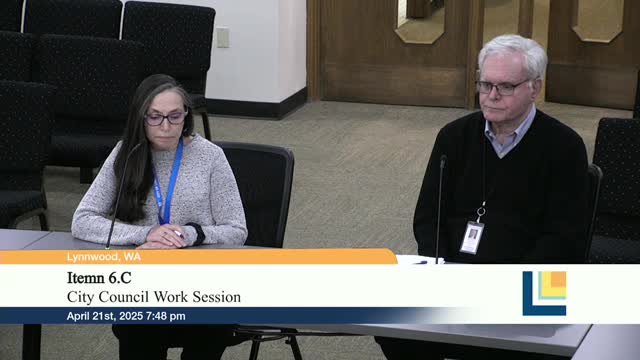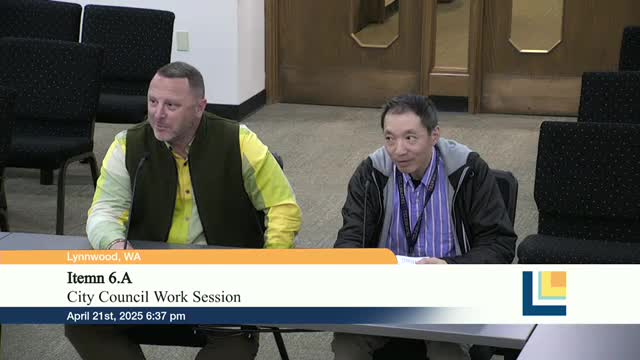Article not found
This article is no longer available. But don't worry—we've gathered other articles that discuss the same topic.

Lynnwood council interviews candidate for History and Heritage Board

Lynnwood advances Unified Development Code draft to implement middle‑housing and align parking rules

Planning commission recommends limited retail cannabis zones; council debates buffers and timing

